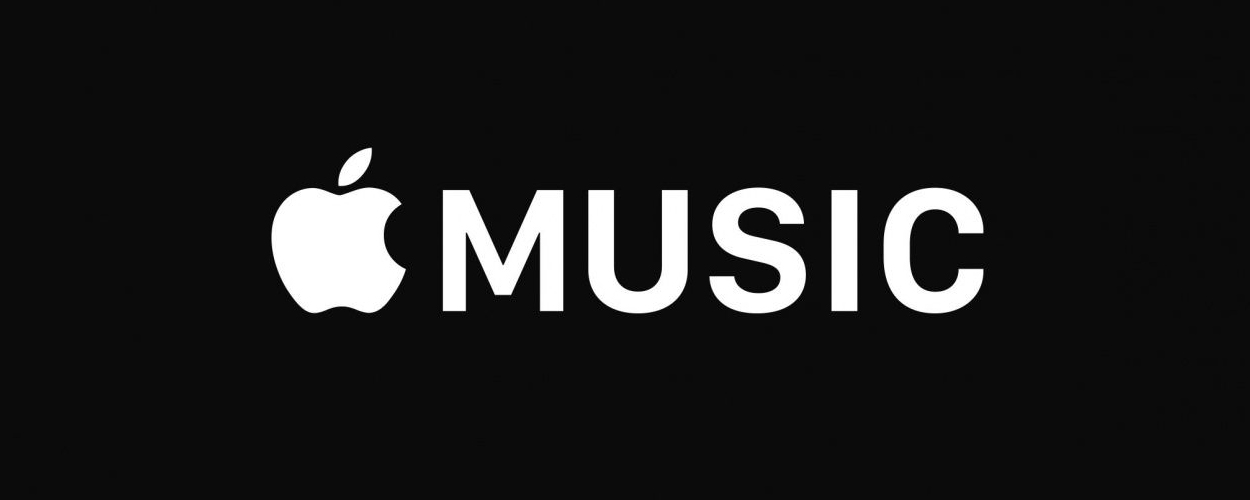

Apple Music has increased its subscription prices so that in the US and the UK the baseline price is now 10.99, in dollars and pounds respectively, obviously. It will be a popular move within the music industry that has been pushing for an increase of streaming subscription rates for some time.
Confirming the price increase, an Apple spokesperson said: “The change to Apple Music is due to an increase in licensing costs, and in turn, artists and songwriters will earn more for the streaming of their music. We also continue to add innovative features that make Apple Music the world’s best listening experience”.
The baseline price for premium music streaming has been $9.99 in the US, £9.99 in the UK and 9.99 euros in many European markets ever since the launch of Spotify.
Which means, when inflation is taken into account, the prices have been declining each year, and that’s before you factor in the discounting and bundling used by the streaming services to increase premium sign-up rates.
Because, for the music industry, streaming is ultimately a revenue share business, that decline in subscription prices in real terms impacts on how much money flows into the record labels, music distributors, music publishers and collecting societies, and on through to artists and songwriters.
Those in the music community that have been calling for price increases for a while now have often pointed out that video services like Netflix have raised their subscription prices several times over the years. Though in music streaming, where every service has more or less the same catalogue, there has been a fear at the services that if they increase their prices, users might switch to a rival platform where they can access the same music for a lower price.
Meanwhile, in the last few years, as the need to increase prices has become ever more pressing, there have been concerns that putting up subscription rates during the pandemic, and then in the midst of the subsequent cost of living crisis, might not be a good look.
That said, there have been some previous price increases in some countries, including at market leader Spotify, though more commonly around discounted and bundled subscription packages like the family plan, rather than the baseline price.
Many in the music community will be hoping that Apple making the bolder move to increase that baseline will now be replicated across the sector, including at Spotify.
It also seems likely that once most services have increased the baseline on a global basis for the first time, they might then more regularly review the price point in line with inflation adopting something more like the Netflix approach, especially if the initial price increase doesn’t result in many cancelled subscriptions.
Although the music services all have more or less the same catalogue, there are some functional differences between the platforms that could encourage some consumer loyalty.
For example, Apple’s biggest competitor Spotify doesn’t currently offer the higher audio quality options and its long planned move into hifi is rumoured to be linked to a higher priced subscription rate. It was Apple that initially decided that higher audio quality should come as standard rather than at a premium.
Though it’s possible that it’s the playlists that would discourage most consumers from moving to a rival service to save a pound a month, both the service-curated playlists they subscribe to and the private playlists they have put together themselves. There are tools to help move the latter from one service to another, but it’s enough of a hassle to put many consumers off.
Apple is also increasing the prices of its Apple TV+ subscription service and the Apple One bundle. The firm said that the price rise on the video service was justified because its catalogue of content is now significantly bigger than when it launched in 2019.
This site uses cookies to enhance your experience - you can manage these in your browser settings.
CLICK ACCEPT to continue. CLICK HERE for full details on our privacy, data and cookies policy.
This website uses cookies so that we can provide you with the best user experience possible. Cookie information is stored in your browser and performs functions such as recognising you when you return to our website and helping our team to understand which sections of the website you find most interesting and useful.
Strictly Necessary Cookie should be enabled at all times so that we can save your preferences for cookie settings.
If you disable this cookie, we will not be able to save your preferences. This means that every time you visit this website you will need to enable or disable cookies again.